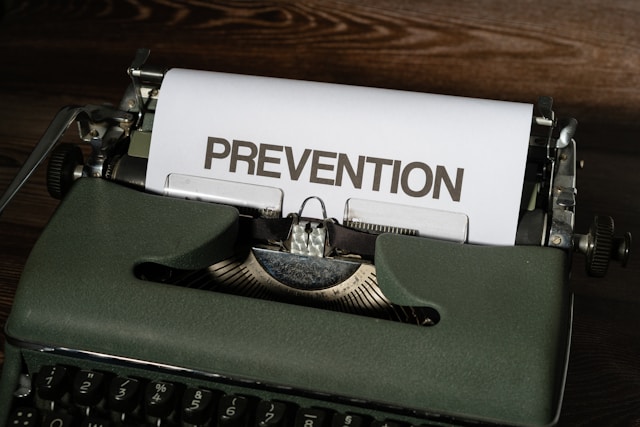Introduction
In today’s fast-paced world, many people only think about their health when something goes wrong. Whether it’s a sudden fever, persistent cough, or chronic pain, we often rush to the hospital only when illness strikes. But what if we could stay healthier and avoid many diseases by simply being proactive? That’s the power of preventive healthcare — a simple but powerful concept that can save lives, time, and money.
What is Preventive Healthcare?
Preventive healthcare involves medical services that focus on disease prevention rather than treatment. This includes routine check-ups, screenings, vaccinations, healthy lifestyle choices, and education. The goal is to catch problems early or stop them before they start.
For example, checking blood pressure regularly can help detect hypertension before it causes a heart attack or stroke. Screening for high blood sugar can prevent the development of full-blown diabetes.
Why Preventive Healthcare Matters
- Early Detection Saves Lives
Many serious conditions such as cancer, heart disease, and diabetes begin silently. They show little to no symptoms in the early stages. Regular screenings like mammograms, blood tests, and blood pressure checks can detect warning signs early. When diseases are caught early, they are often easier and cheaper to treat, and the chances of recovery are much higher.
- Reduces Healthcare Costs
Treating advanced-stage illnesses is often expensive. Surgeries, hospital stays, and long-term medications can be financially draining. Preventive care reduces the need for such extreme interventions. A small investment in annual health checks can prevent major expenses down the line.
- Improves Quality of Life
Living with chronic illness can reduce the quality of life. Preventive care helps people live longer, healthier, and more productive lives. It enables individuals to maintain their energy, focus, and independence well into old age.
Key Components of Preventive Healthcare
✅ Regular Health Screenings
Depending on your age, gender, and health status, your doctor may recommend:
Blood pressure checks
Cholesterol and diabetes screening
Breast, cervical, or prostate cancer screening
Vision and hearing tests
✅ Vaccinations
Immunizations protect both children and adults from preventable diseases like:
Measles
Tetanus
Hepatitis
Influenza
HPV (human papillomavirus)
✅ Healthy Lifestyle Choices
What we eat, how we move, and how we sleep all affect our health. Preventive healthcare encourages:
A balanced diet rich in fruits, vegetables, and whole grains
Regular physical activity (at least 30 minutes a day)
Adequate hydration and sleep
Avoidance of tobacco, alcohol, and drugs
✅ Mental Health Check-ins
Mental health is just as important as physical health. Early intervention for stress, anxiety, or depression can prevent serious psychological problems later on. Therapy, counseling, and mindfulness practices can help maintain emotional well-being.
Barriers to Preventive Healthcare (and How to Overcome Them)
Despite its benefits, many people ignore preventive healthcare due to:
Lack of awareness: Some don’t know what tests or services they need.
Cost concerns: Many assume check-ups are expensive, but they’re often affordable — and cheaper than treating illness.
Fear: Some people fear bad news and prefer not to know.
Solution: Health education and awareness campaigns are key. Community health workers, social media, and local clinics can spread the message that prevention is better than cure.
Final Thoughts
Preventive healthcare is not just for the sick — it’s for everyone. By taking small steps today like going for a check-up, eating healthy, and exercising, you’re securing a better tomorrow. In a country like Nigeria where healthcare services can be costly or hard to access, prevention can be the difference between life and death.
Let’s build a culture of prevention, not reaction. It’s time to take charge of your health — not just when you’re sick, but every day.

